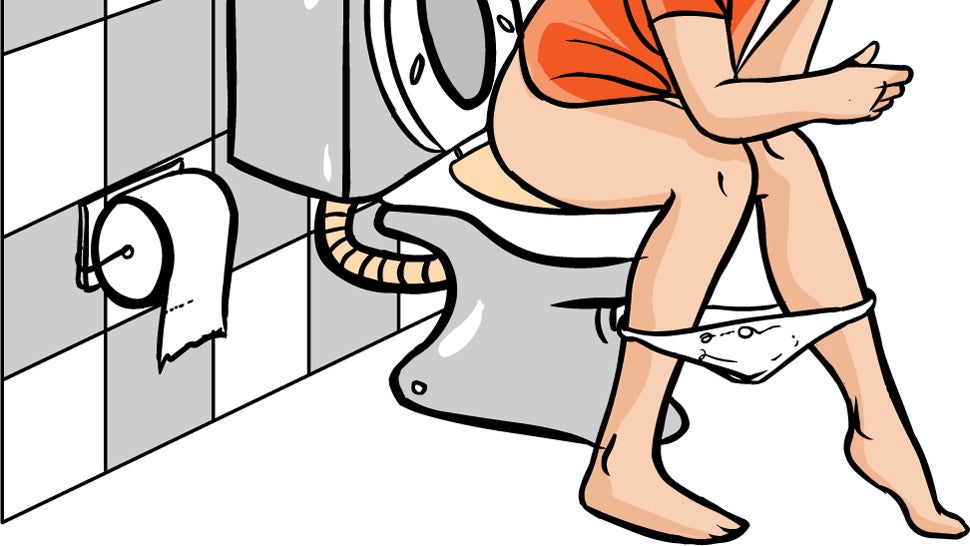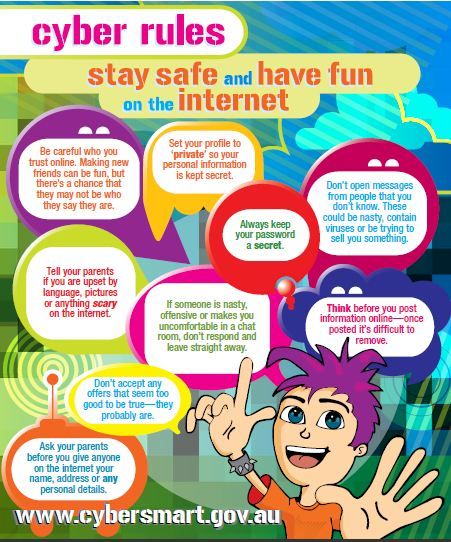Feel lost at work
Feeling Lost At Work? 6 Things To Do Next
Sometimes you just don’t know what to do. And when an “I have no idea” moment happens at work, it can be unnerving. “There’s a lot of pressure to have all the answers, especially when you’re in a professional setting,” says Chris Holter, former Fortune 200 executive, executive coach and strategic advisor.
However, 86% of employees experience challenges when it comes to finding information that allows them to do their job, according to an M-Files report on information management in the workplace. Not knowing what to do is quite common when you take those stats into consideration. What you do next is what makes all the difference in terms of effectiveness though.
“The truth is, there are going to be times when you don’t know what to do. And that’s okay! It’s actually a good thing because it means you’re continuing to learn and grow. Even senior leaders don’t always have the answer. The secret to good leadership is in finding a way to get the answers,” says Holter.
So if you find yourself scratching your head about how to tackle a project or task, don’t panic. Do the following things to regain a sense of control and clarity instead.
1. Pause and clear your head
First, Holter recommends taking a break and stepping away from the situation momentarily: “Sometimes, all you need is a few minutes to clear your head. Get up and walk around, grab a cup of coffee, or just step away from your desk for a few minutes.”
2. Do a mind-mapping exercise
Then, grab a piece of paper and start mind-mapping. Jot down everything you do know about the situation (you may have more information available to you than you think!) as well as all of the unknown facts. “Creating a visual will stimulate the brain in new ways and help get further clarity about the situation,” says Holter. “This will help you break down the task and get grounded on the situation.” If you have access to a white board, even better.
3. Approach the situation with a growth mindset
Whatever situation you are facing, it’s important to approach it with a growth mindset and use it as an opportunity to learn. Stay open to possibilities and aim to find a way forward even if it’s out of your comfort zone. Holter suggests thinking about your challenge like a research project. That mindset will make it easier to pick your coworkers’ brains about it if you need to as well.
Stay open to possibilities and aim to find a way forward even if it’s out of your comfort zone. Holter suggests thinking about your challenge like a research project. That mindset will make it easier to pick your coworkers’ brains about it if you need to as well.
4. Talk to others
“The best way to figure out what to do is to talk to other people,” adds Holter. If you feel uneasy about approaching a coworker and admitting you have no idea what to do, try simply asking for their expertise and knowledge about the situation – or even about a relevant area of expertise. This collaborative approach will help you come up with solutions or at least avenues for potential solutions.
5. Ask your boss for insights
Still at loss? You may be wondering whether asking your boss for help is the right move. You don’t want to appear incompetent after all. However, there are certain situations when it’s essential to ask for guidance. “If you’re feeling overwhelmed or unsure of what to do next, it’s better to seek out advice than to try to stumble through on your own. Your boss likely has more experience and knowledge than you do, and they can provide valuable insights that you may not have considered,” says Holter.
Your boss likely has more experience and knowledge than you do, and they can provide valuable insights that you may not have considered,” says Holter.
“Furthermore, asking for help shows that you’re willing to take initiative and that you’re resourceful enough to seek out assistance when needed. So, if you find yourself at a loss, don’t be afraid to ask your boss for advice. Chances are, they’ll be more than happy to help.”
6. Create a problem-solving plan
Once you’ve followed all the steps above, you should have a better idea of what it takes to solve the problem you are facing. You’ll want to break down action steps and create a plan. This will get you started in the right direction, even if you still have an incomplete picture of the situation. “Know that as you learn more, the plan can change,” says Holter.
Share this article
7 suggestions for when you’ve lost purpose in your work
I’m frustrated too often.

I’m not enjoying it anymore.
I’m not growing.
I need to find a better job.
This needs to change.
Now!
These are the kind of thoughts that run through our mind when we lose purpose in work. We start a frantic search for the next step: a better job, a better team, a better location. But time spent searching feels like time lost, so change needs to happen fast.
While this approach is really strong, empowering and vibrant, there’s also something in it that could prevent more fulfilling change. Sometimes it’s worth taking a bit more time sitting with the discomfort, not yet knowing where to go next. Especially if you’ve changed or moved a lot recently.
Here are seven suggestions for what to do when you feel you’ve lost purpose in your work.
1. Take a pause
Often the searching takes time and can become draining—exhausting, even—especially when you also need to perform in your current job. As counter-intuitive as it might feel, it can be beneficial to take a pause, both to give yourself a break and to create space for an intermediate step… even if the next move seems completely logical.
In modern society we tend to think about change as a two-step process: from the old and outdated straight to the new, which we hope will bring fresh energy and opportunities. In many traditional cultures, however, change is approached as a three-step process, adding an intermediate, “in-between” phase of not knowing, of listening and exploring. This pattern is present in many of the rituals and rites of passage marking transitions in life.
The mythologist Joseph Campbell studied this in detail across many cultures and wrote about it in his seminal book The Hero with a Thousand Faces. The pattern that he described is referred to as “the hero’s journey.” We all know it from tales such as The Lord of the Rings or Star Wars. The main character gets a call to go on a journey beyond the status quo of their life. It is often refused at first but then it becomes inevitable and it leads to all kinds of challenges and experiences. When all the tasks are completed, the protagonist returns to start a new life, bringing the gifts of the journey back to the people.
When all the tasks are completed, the protagonist returns to start a new life, bringing the gifts of the journey back to the people.
The message in the hero’s journey is valid for what we’re talking about here. The feeling of having lost purpose in work is like a call to go on this journey. In our modern two-step approach, we react to this call with immediate action. It will bring incremental change, which is positive: it heralds relief and growth. However, for more lasting fulfillment, we need to find ways to connect with our authentic self and purpose. For that, most of us need to go on some kind of hero’s journey.
As I wrote in the first article of this series (What’s your purpose? Moving beyond the ‘Why?’), much of what we end up doing is informed by patterns from the past or from our culture. These patterns get in the way of us listening clearly to our own unique voice. So, to move forward, it makes sense to spend more time sitting with the discomfort—as paradoxical as that may feel—to look at what you’ve outgrown and are ready to let go of. Then you can listen with new ears to what your next step could be.
Then you can listen with new ears to what your next step could be.
2. Befriend the discomfort
There is value in sitting with discomfort. We’re so used to looking for the “good” emotions that feeling lost and sad seems wrong. However, these feelings are as much a part of the human experience as joy and excitement, and running away from them will prevent you from harvesting the wisdom that’s buried beneath. It’s like turning away from the call to embark on the hero’s journey. Try to be with what is and embrace it. Then a space opens up for asking and answering questions that might help you. How did you get to this place? What made you choose this job or this assignment? What was driving you? And within that, what is truly you, and what are you trying to live up to the expectations of others?
One of my clients was so scared by the discomfort of not knowing what was next that all her energy went into the search for “the new project,” from the moment she woke up until the moment she went to bed. It was exhausting for her. She finally realized that beneath the frantic search was a fear of making the wrong decision. Only then could she slow down and start creating space to work out what she really wanted.
It was exhausting for her. She finally realized that beneath the frantic search was a fear of making the wrong decision. Only then could she slow down and start creating space to work out what she really wanted.
We’re often driven by a wish to be seen as successful. We want to fit in and feel valued. It’s good to check who’s been in the driving seat for your decisions. Ask yourself if it’s time to say goodbye and let another voice within you take the lead.
3. Appreciate the here and now
If there’s no next step or solution around the corner, then where do you find comfort? In the here and now. This is as simple as it is tough—unless you’re an experienced meditator or yogi, maybe. The best way is to set an intention for yourself and, several times a day, spend a few minutes consciously focusing on this. If you practise yoga, meditation or qigong, this is the time to become more disciplined about it. And establish a gratitude journaling practice: every morning or evening, write about what you’re grateful for in your life right now.
There has been a lot of research into the benefits of bringing more gratitude into our lives of late. You can find some excellent suggestions from the Greater Good Science Center at the University of California, Berkeley. Bringing focus to these habits will help you find a place of comfort in these uncomfortable times.
4. Stay until you have clarity
Make a commitment to stay until you’ve worked out the next courageous step, not just a quick escape (unless you’re in a situation where you’re being hurt, of course). Give yourself time to really be in the space “in between” and do the work that’s needed.
How long? That’s hard to say, but give it at least a few weeks —or even a few months. You may need to let go of your current work as your primary focus and consciously create space for your journey to come to the fore. It doesn’t have to mean quitting, as long as you can manage to shift the focus. But for some, it might be time for a real break or even a sabbatical, to take the leap and quit now without having a new job in the bag.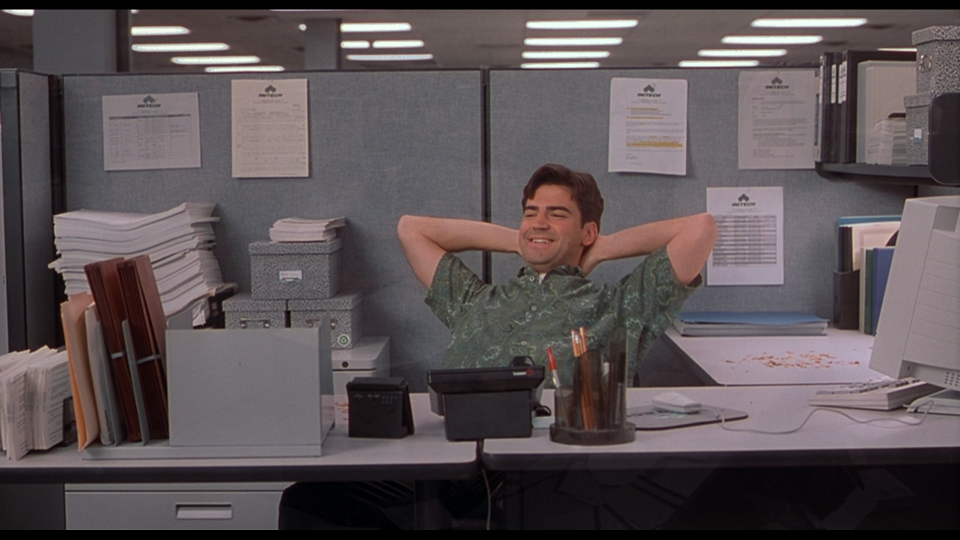 Sometimes we need to be more radical and remove what’s using up the energy we need to be able to take a step forward.
Sometimes we need to be more radical and remove what’s using up the energy we need to be able to take a step forward.
5. Deepen your understanding of the next step
Once we start to understand the role that we’ve been playing and whose play we’ve been acting in—to use the metaphor I introduced in the first article—we can start to move beyond what’s not ours and listen with new ears to the idea of our next step. This will be the focus of the next article in our series.
6. Surround yourself with support
It’s hard to navigate this “in-between” space by yourself—especially if there are people around you who believe you should be working on a fix and don’t understand why you’re slowing down. It’s good to ask yourself which friends and colleagues are supportive of your journey and which are not: spend more time with the ones who are.
Sharing with people in a similar space can be very supportive too. And it can be useful to seek the help of a transition coach or guide.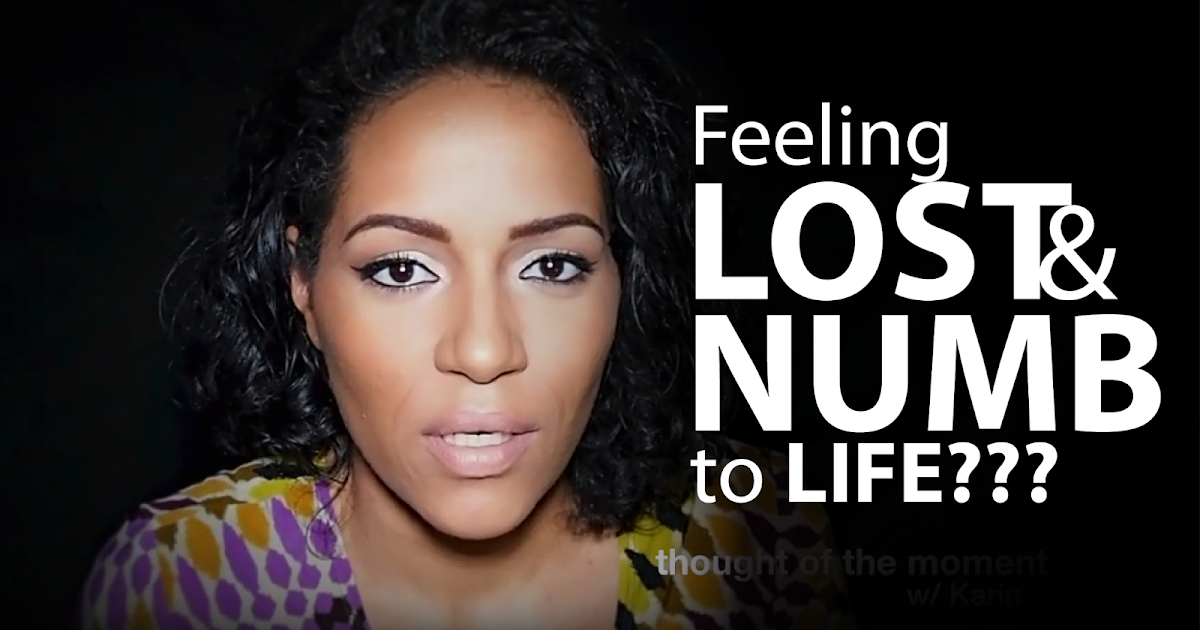 Being seen by someone who knows the general terrain you’re moving through and who can give you some pointers can make the journey a lot more effective and enjoyable.
Being seen by someone who knows the general terrain you’re moving through and who can give you some pointers can make the journey a lot more effective and enjoyable.
7. Do things that give you energy
To approach the experience of losing purpose in this way can feel like hard work, however meaningful the process is. The truth is that you can also lose your balance focusing on this inner journey—which is not what you want. What are the things you can do now that give you energy—even if there’s no solution to the bigger questions yet? What do you love to do? Maybe it’s running, or dancing, or singing in a choir. Whatever it is, do it anyway. It will recharge your batteries until the bigger change is ready to happen.
Photo: Welcome to the Jungle
Follow Welcome to the Jungle on Facebook on LinkedIn and on Instagram and subscribe to our newsletter to get our latest articles every day!
6 simple truths to remember when you feel lost in life
At any stage, life can lead you into a dead end. It is such a strange and unpleasant feeling when it seemed to you that you knew what you wanted and where you were going, but along the way you ran into an endless brick wall with your forehead. Previously, you had everything planned out and quite predictable, but now you feel that you are lost, lost and stuck. And this feeling turns into a feeling of isolation and separation from the world. You no longer move anywhere, but stand still, staring blankly at the wall in front of you. Well, it's time to remind yourself of a few simple truths to understand that it's not as bad as you think.
It is such a strange and unpleasant feeling when it seemed to you that you knew what you wanted and where you were going, but along the way you ran into an endless brick wall with your forehead. Previously, you had everything planned out and quite predictable, but now you feel that you are lost, lost and stuck. And this feeling turns into a feeling of isolation and separation from the world. You no longer move anywhere, but stand still, staring blankly at the wall in front of you. Well, it's time to remind yourself of a few simple truths to understand that it's not as bad as you think.
Truth #1: It's okay to feel lost. Yes, you read that right, this is absolutely normal and acceptable. There is nothing wrong. Your feelings are now based entirely on facts: you have lost your direction; you understand that you are stuck; you don't know what to do next. All this because the future has not yet been written. And this has its own charm - it means that you have a chance to write it. You will need quite a bit of time to navigate the terrain and figure out how to get out of the impasse.
You will need quite a bit of time to navigate the terrain and figure out how to get out of the impasse.
Truth #2: You are doing great. Wherever you are now, this is just your stage of life and your lesson. Finding your place in our world is a process, so trust the process. Your time will come, as it comes for all other people. Just be patient.
Truth #3: Look inside yourself, but don't compare yourself to others. The feeling of being lost can come over you at any age and at any stage in your life. If you see inside yourself a confused and frightened person who seems to have lost everything, most likely this is not so. Perhaps you just need to look at the outside world a little differently, that is, perceive it as your assistant, and not a hostile environment. Do not let others dictate your actions and actions to you, which means focus on yourself, and not on the opinions of others.
Truth #4: Don't be afraid to feel lost. Some things seem to be up in the air now, but they won't always be. Everything that goes up, after some time quite naturally goes down. Just consider that now you just went down, which means that you have a new road up in front of you. Of course, you want immediate solutions and instant results, but as the saying goes, all good things come to those who can wait.
Some things seem to be up in the air now, but they won't always be. Everything that goes up, after some time quite naturally goes down. Just consider that now you just went down, which means that you have a new road up in front of you. Of course, you want immediate solutions and instant results, but as the saying goes, all good things come to those who can wait.
Truth #5: Show love to yourself. Yes, that's right: take the time to be kind to yourself. After all, you are kind to your loved ones and constantly fly to their aid? Therefore, treat yourself now with the same care and compassion. Pamper yourself, sleep and relax. Do what you like. Live your best life.
Truth No. 6: There are no right decisions in life. We are all afraid of mistakes. We are afraid that our plans will not be realized the way we want them to be. We fear that while others are moving forward in their lives, we will always fall behind and stumble. Remember: everyone's paths are different and they are never exactly the same. No one but us can dictate to us how to live. As long as you are happy with your choices and decisions, you will be fine. If you are not satisfied with your choice, you always have the option to choose another path. No matter how difficult it is, only you can determine when, where and how you will go.
No one but us can dictate to us how to live. As long as you are happy with your choices and decisions, you will be fine. If you are not satisfied with your choice, you always have the option to choose another path. No matter how difficult it is, only you can determine when, where and how you will go.
Text: Flytothesky.ru
Read also:
10 moments in life when it is better to remain silent
Share this post with your friends!
“I feel lost in my adult life”
Nina, 27 years old, video library director
“I summed up my beginning of adult life. And this is what turned out: I have a permanent job, a car, my own apartment, but I don’t really know where I’m going. I don’t move forward, on the contrary, all the time it’s like looking back in search of the sensations that I had as a child. ”
Robert Neuburger: What feeling are you talking about?
Nina: I have always wanted to be in control of my life. Already from a very early age, from 8–9 years old, I knew that I had to get out of any situation on my own. And at the same time, I felt some kind of heaviness in relations with my relatives. That is, we are talking about two sensations: extreme control and heaviness in relationships.
Already from a very early age, from 8–9 years old, I knew that I had to get out of any situation on my own. And at the same time, I felt some kind of heaviness in relations with my relatives. That is, we are talking about two sensations: extreme control and heaviness in relationships.
Robert Neuburger: Are your parents alive?
Nina: My father died almost a year ago; I have a mother and brother, he is 25 years old. Other relatives practically do not communicate with each other.
Robert Neuburger: Do you love your job?
Nina: Very.
Robert Neuburger: What does your brother do?
Nina: He is an investment banker.
Robert Neuburger: At 25?
Nina: Yes, he is a child prodigy. He is an investment expert and is responsible for the decisions the bank makes.
Robert Neuburger: That's it!
Nina: (With pleasure. ) Yes, he was always curious, and his brother has a phenomenal memory.
) Yes, he was always curious, and his brother has a phenomenal memory.
Robert Neuburger: When did you and your brother leave your parents' house?
Nina: He still lives with his mother, and I moved out about a year and a half ago, but I still couldn't really separate. I am either at home or in my parents' house. And since my father died, I often live with my mother and brother. Probably because my mother says she needs me. In our family, I have always played the role of mediator. According to a psychotherapist I once went to, this role is now difficult for me.
Robert Neuburger: Have you had psychotherapy?
Nina: Yes, about an eating disorder. I had anorexia, bulimia. I have not recovered, but now I cope better with these conditions. And I graduated from behavioral therapy when I realized that eating disorders only reflected my psychological problem - I was very insecure.
Robert Neuburger: But if your brother lives at home, why does your mother need you?
Nina: I think she wants to restore her family.
Robert Neuburger: Does your brother have a private life?
Nina: No, I don't think so. Relationships with other people have always been difficult for him. I think he's still a virgin, but we never talk about it.
Robert Neuburger: Did you have lovers?
Nina: I had many one-night stands with men I knew for sure that they were not looking for a serious relationship. And I don’t know why I’m going for it ... And how such relationships can be changed.
Robert Neuburger: How do you meet men?
Nina: Online. I can't get to know someone in real life because I'm sure I can't like them. If someone is interested in me, I, most likely, will simply not notice it.
Robert Neuburger: But there are more or less serious dating sites, right?
Nina: Yes, that's what I'm talking about. I visited almost all sites and in the end I always attacked men of the same type. My acquaintances are not a disaster, but after a while I realize that they were not worth the effort. Men do not linger in my life, but it is they who fill the void. Like TV programs: you take the remote control, switch buttons and watch anything. Just something to fill the void.
Robert Neuburger: Essentially the same mechanism of action for bulimia. In many ways, you are trying to extinguish the fundamental anxiety that you call "emptiness." When did it start? When did you first tell yourself that you have to take life into your own hands? You were 8-9 years old, what happened at that time?
Nina: My brother skipped class for the first time. Then it happened a second time and a third. We can say that he was the star of the town where we lived. When relatives or friends came to visit us, no one talked to me: they only talked to my brother. He even appeared on TV! It was at that time that I realized that I needed to pull myself together, otherwise I would go with the flow, go nowhere . ..
Robert Neuburger: It wasn't easy for you...
Nina: I think my brother will haunt me all my life, especially now that he suffers from depression with suicidal tendencies. He needs a lot of attention and seeks to get it through suicide threats.
Robert Neuburger: To whom does he address them?
Nina: Mother and me.
Robert Neuburger: I think I understand his problem: he's been a star since childhood and it's hard for him to stop being one. What he does doesn't really excite him, right?
Nina: Not really. As a child and teenager, he was always the best; then he entered the university and there he saw that the competition is very tough. There he was not always the first. It was then that his brother first had gloomy thoughts.
Robert Neuburger: Is that the situation you had in mind when you mentioned your role as mediator in family relationships?
Nina: Yes, my mother is afraid of making some mistake in communicating with her brother. She says that she takes all his suffering on her shoulders, but is afraid of his reactions.
She says that she takes all his suffering on her shoulders, but is afraid of his reactions.
Robert Neuburger: And yet she shares this suffering with you...
Nina: But that's because I asked her to.
Robert Neuburger: What is your relationship with your brother?
Nina: Very close. He says that I'm the only one who understands him and that I'm actually his "blotter"...
Robert Neuburger: You can be proud of that! You absorb his anxiety, and then what? What are you doing with her? Was there any suspicion that your brother has homosexual tendencies? If he is so closed, closed, suffering from feelings of guilt, there must be some reason for this ...
Nina: But I don't know what the reason is.
Robert Neuburger: Isn't your one-night stand a defense against falling in love with someone and being so far away from home?
Nina: I don't know.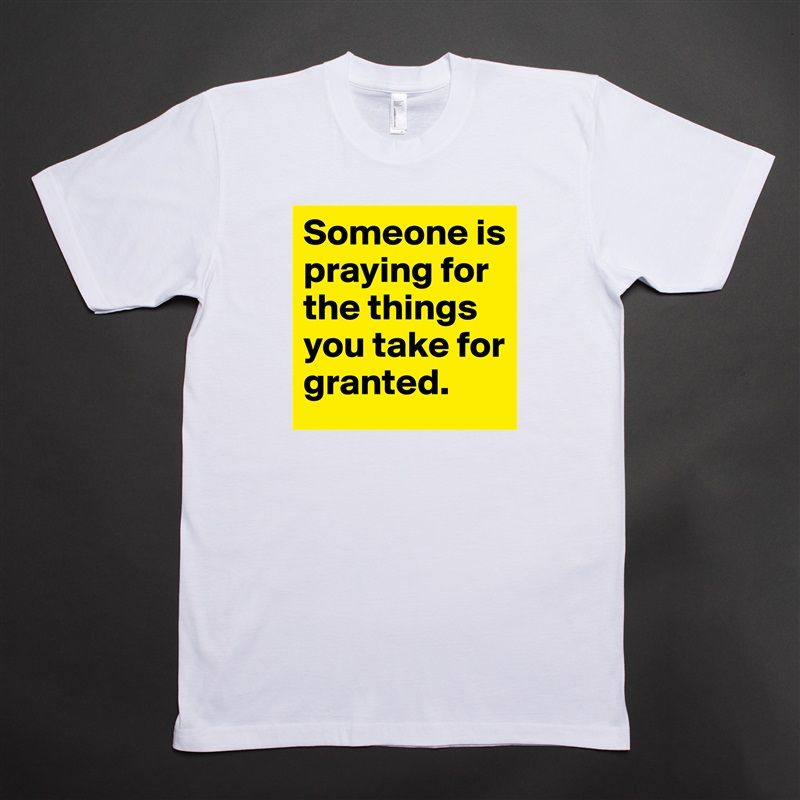 I feel like I need a stable relationship. Although, perhaps, I scare men, because I demand too much at once.
I feel like I need a stable relationship. Although, perhaps, I scare men, because I demand too much at once.
Robert Neuburger: But you don't ask them to marry you the next morning!
Nina: (Laughs) No, it doesn't come to that. But maybe I don't give the relationship time to settle...
Robert Neuburger: It's hard for me to imagine that you are leaving your family of origin. Now it seems impossible. But I think that the question should not be put in this way: either I will leave the family, or I will be with him. In addition, you play an important role for your family, and this also supports you. The question, rather, is to find a balance between your professional life, which should be built, and the family, which functions like many single-parent families. I would even say families that have had problems in the past. When the connection between family members is too close, it develops for a reason.
Nina: I know that my father was abandoned by his parents immediately after his birth and was raised by his uncle and aunt. But I don't know if it was a trauma for him.
But I don't know if it was a trauma for him.
Robert Neuburger: My first thought is that you should do family therapy.
Nina: Mom will never agree to this. And my brother will refuse: he is undergoing psychotherapy, and when his therapist invited me to come to the appointment with him, he flatly refused.
Robert Neuburger: Understood. Then you have the opportunity to do this work yourself. Knowing that you will need to find a therapist who will not push you to break up with your family, a therapist who will be open enough not to. But it is possible to find it!
Nina: “It's a bit strange to completely trust a stranger. But it was very interesting to finally find the name of that emptiness that torments me. It was as if I discovered another part of my personality. I was also struck by the advice not to move away from the family, but to find the right “distance”. I used to think that you have to make a radical choice, but it's not! I will start psychotherapy to move on. ”
”
Robert Neuburger: “Nina is undoubtedly too attached to her family, to her role as mother's guardian and brother's blotter. But to offer her as a treatment to leave this environment and thus become independent would be to put the cart before the horse: independence is not a break. Distance does not solve anything, because her family is part of her life. For her, it is more about building your personal life, appreciating yourself more, and then the separation will occur naturally. Those types of psychotherapy that claim that violations are associated with too much closeness with mother, father, spouse and that separation will solve all problems most often lead to unconstructive consequences: either the patient transfers his addiction to the therapist, or he develops an internal conflict over for loyalty, which exacerbates his symptoms."
Robert Neuburger , psychoanalyst, family therapist, head of the European Center for Family Research Association (CEFA).

